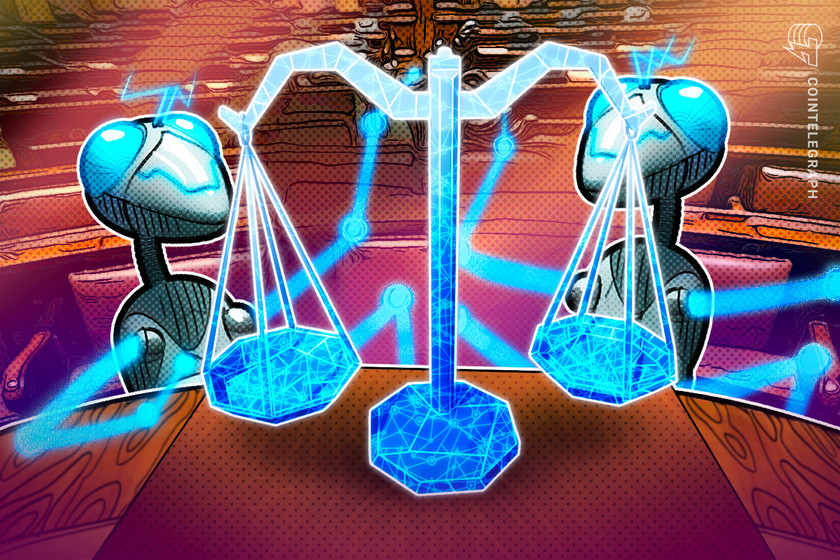Payments company Curve bids for BlockFi’s 87,000 credit card customers


A Curve spokesperson has confirmed they have been in negotiations to acquire BlockFi’s credit card program’s customers since Nov. 12.
Payments company Curve is in active discussions to acquire crypto lender BlockFi’s more than 87,000 credit card customers — whose credit cards have been suspended since Nov. 11.
A Curve spokesperson told Cointelegraph that “outreach and negotiations” started on Nov. 12 and are still in the process with Banking as a Service (BaaS) company Deserve, which services the BlockFi card program.
My BlockFi credit card has officially stopped working.
R.I.P 2021-2022— Portland.HODL (@PortlandHODL) November 11, 2022
“Terms are being negotiated actively between Curve and Deserve, but a sale or partnership, if agreed to, is pending the conclusion of due diligence,” the spokesperson said.
“The primary point of contact for the pending negotiation is Deserve/ Evolve, not BlockFi, but that is an understanding that needs to be confirmed,” they added, noting also that Curve is not interested in BlockFi’s assets.
Should the acquisition succeed, the fintech is looking to continue BlockFi’s credit card program, noting that customers will still be able to earn crypto rewards.
They also said an added benefit of a successful acquisition is that customers from BlockFi’s credit card program “will not be ported to yet another centrally-held exchange.”
Reports over the weekend suggested that Binance US and Coinbase were also pursuing BlockFi’s credit card customers as well.
A spokesperson from Coinbase however clarified to Cointelegraph that: “We’re not engaged in any conversations or efforts related to BlockFi’s card program,” while Binance US has not yet responded to requests for comment by the time of publication.
Related: BlockFi limits platform activity, including a halt on client withdrawals
The bid for BlockFi’s credit card customers comes days after BlockFi announced it was suspending withdrawals on Nov. 11, citing the ongoing saga with crypto exchange FTX as the cause.
The same day BlockFi credit card users flooded Twitter reporting their cards were no longer working and had received messages from BlockFi confirming the cards had been suspended because of “recent events at BlockFi.”
Some users were further antagonized when they received messages from BlockFi informing them they would still be required to keep up with their credit card payments.
Crypto market watcher Just Boby told his 14,000 followers in a Nov.11 post, “This is NOT fake, BlockFi reached out via both email and text to remind me to pay my credit card bill,” others have shared a copy of the communication from BlockFi.
Latest traumatizing event. Over at BlockFi you can’t take your money out but remember you better pay every cent of your gimmick credit card.
You are the bad actor not them! pic.twitter.com/8VzLf8zKvb
— BowTiedBull – Read Pinned Tweet or NGMI (@BowTiedBull) November 11, 2022

















